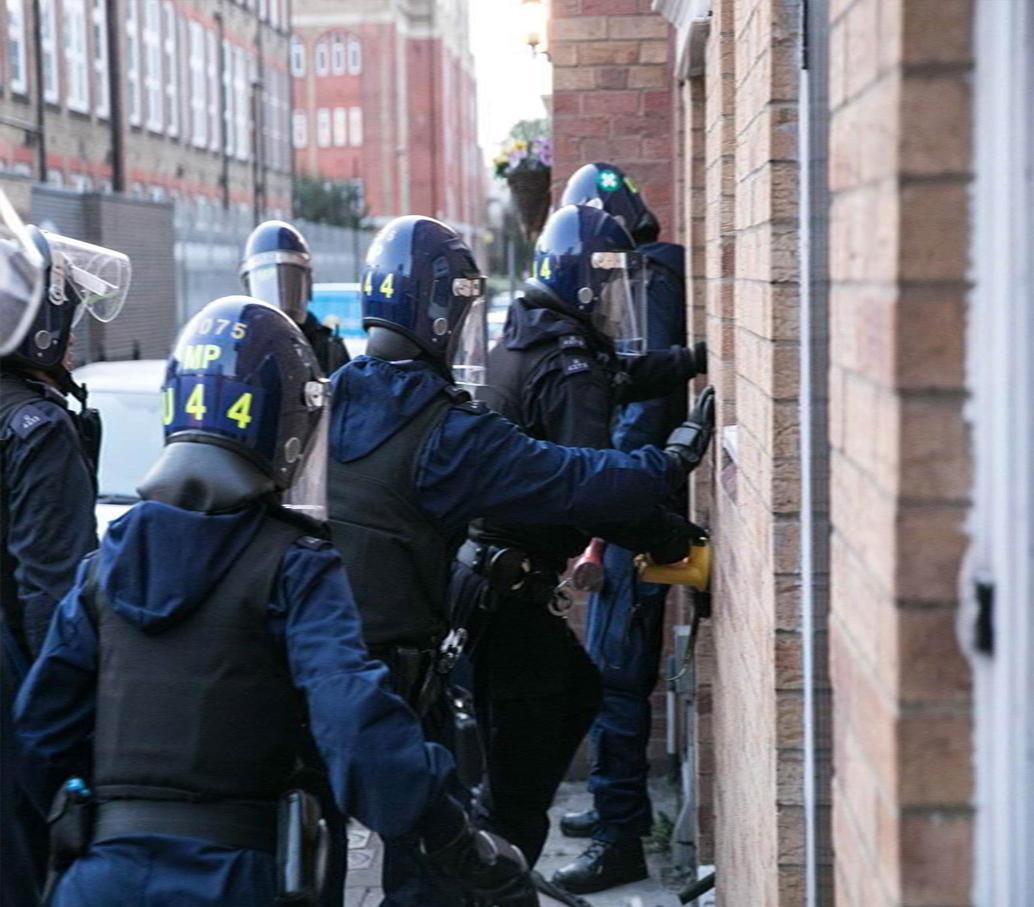
The Civil Contingencies Act 2004 confers a power to make regulations if an ‘emergency’ has occurred or is about to occur. In other words, a power to declare a state of emergency and make regulations to deal with it.
The reason that this is currently interesting is that the definition of emergency within the Act may arise in the event that the UK leaves the EU without a deal. So, what are the powers?
‘Emergency’ means an event or situation which threatens serious damage to human welfare or the environment in the UK, or war or terrorism which threatens serious damage to the security of the UK.
An event or situation threatens damage to human welfare if it involves, causes or may cause:
• loss of human life;
• human illness or injury;
• homelessness;
• damage to property;
• disruption of a supply of money, food, water, energy or fuel;
• disruption of a system of communication;
• disruption of facilities for transport;
• disruption of services relating to health.
The conditions for making emergency regulations are somewhat vague with a wide discretion; there are three conditions to satisfy:
1. An emergency has occurred, is occurring or is about to occur
2. It is necessary to make provision for the purpose of preventing, controlling or mitigating an aspect or effect of the emergency
3. The need for provision referred to in (2) is urgent.
Emergency regulations may make any provision that is appropriate to prevent, control or mitigate any aspect of, or effect of, the emergency. Regulations may prohibit:
• movement to or from a specified place;
• assemblies of specified kinds, at specified places or at specified times;
• travel at specified times;
• specified activities.
Regulations may also:
• enable the requisition or confiscation of property (with or without compensation);
• enable the destruction of property, animal life or plant life (with or without compensation);
• require movement to or from a specified place.
Regulations may also make it an offence to fail to comply with a provision of the regulations or to comply with a direction given or to obstruct a person in the performance of a function under the regulations. Punishment cannot exceed 3 months imprisonment or a Level 5 fine.
Emergency regulations lapse after 30 days, but this does not prevent new regulations being made.
How Broadbents Solicitors Can Help
We always keep up to date with legislation and powers such as those listed above. We will be in the best place to advise you should any emergency regulations be made. If you would like to discuss any aspect of your case, please contact our dedicated team today the local numbers at the top of this page.




